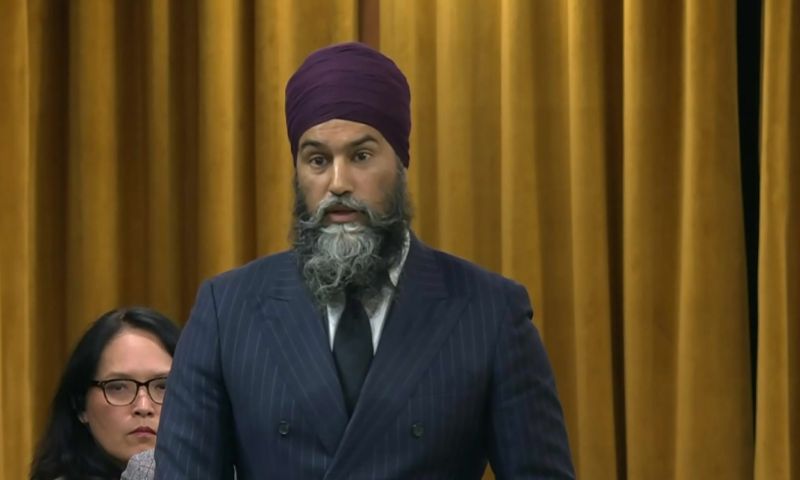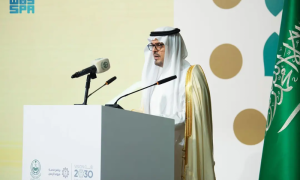NEW DELHI: Recent discussions within India have given rise to speculation about an emerging strategy informally known as the ‘Doval doctrine.’
Although not officially documented, this doctrine signifies a noticeable shift in India’s approach, particularly within its intelligence services. It suggests a more proactive and assertive stance in intelligence operations.
This informal doctrine manifests in tangible ways, primarily in terms of financial support and operational capabilities for India’s intelligence agencies. It marks a significant departure from past practices, signaling a clear emphasis on increased funding and the development of advanced operational capacities.
This shift is influenced by several factors. Firstly, India’s expanding geopolitical role on the global stage is a key driver. As the United States and its allies seek to counter China’s growing influence, India has assumed a pivotal role in these efforts. Consequently, India has grown more confident, not just in diplomatic circles but also militarily, engaging in joint exercises with various nations.
Additionally, Prime Minister Narendra Modi seems to acknowledge that major Western powers consider India a crucial partner in their efforts to contain China. This perspective likely informs Modi’s decision to allow Indian intelligence agencies to operate more assertively and take calculated risks abroad.
However, the recent allegations by Canadian Prime Minister Justin Trudeau have tested this strategy. If Trudeau possesses substantial evidence implicating India’s RAW (Research and Analysis Wing) in the assassination of a Sikh separatist leader in Canada, it could have significant implications for India’s strategic calculations. Modi’s assumption of a certain level of North American complacency, based on their shared concerns about China, may now face greater scrutiny.






















